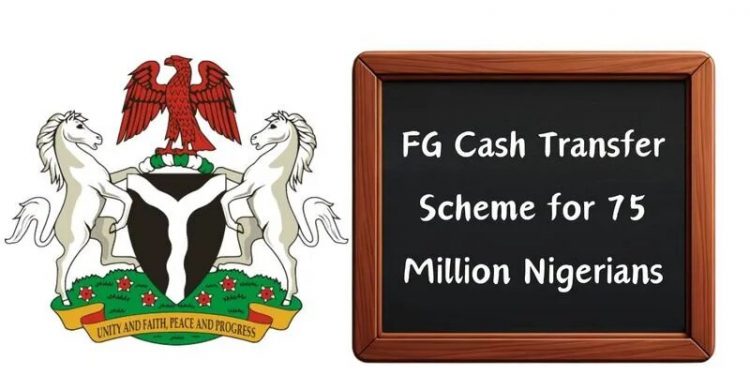On Tuesday, the Federal Government announced the reinstatement of the suspended social investment program, aiming to provide direct payments to 75 million Nigerians in 50 million households. This move is designed to alleviate the suffering of citizens, particularly vulnerable groups, through a revamped and fraud-resistant cash transfer scheme.
Background:
In January, President Bola Tinubu suspended all programs managed by the National Social Investment Programme Agency (NSIPA) and the Ministry of Humanitarian Affairs and Poverty Alleviation, amid investigations into alleged mismanagement. This suspension affected key initiatives such as N-Power, the conditional cash transfer scheme, the government enterprise and empowerment program, and the home-grown school feeding initiative.
Revamped Program:
– Minister of Finance and Economy, Wale Edun, announced the program’s revival during a ministerial briefing marking Tinubu’s first year in office. He emphasized the program’s overhaul to eliminate fraud and provide much-needed support to the poor.
The reinstated scheme will include direct payments to 75 million Nigerians in 50 million households, with a specific focus on increasing access to credit. For instance, N1 billion has been allocated to consumer credit, and grants of 50,000 Naira will be given to 1 million nano industries.
Food Security and Economic Stability:
– Food Inflation: Nigeria’s inflation rate, driven largely by food prices, reached 40.53% in April 2024. The Minister acknowledged the global nature of food security issues and highlighted agriculture’s critical role in addressing these challenges.
– Interventions: An emergency plan for food security was discussed with development partners to advance food, nutrition, and security measures, supported by a N200 billion intervention fund.
– Economic Growth: Nigeria’s economy grew by 2.98% in the first quarter of this year, outpacing population growth and last year’s economic growth rate. Agriculture is seen as a key driver for further economic advancement and inflation reduction.
Payment and Accountability:
– The government has implemented a direct payment system to contractors, suppliers, and vendors, aiming to curb corruption and ensure transparent expenditure.
– Economic Emergency Plan: A six-month plan will be rolled out to stabilize the economy and foster growth.
Debt Management and Credit Rating:
– Nigeria has improved its international credit rating, with Moody’s and Fitch upgrading the country’s outlook to positive.
– Debt Service: The government has managed to pay both domestic and international debts without resorting to emergency measures, thanks to substantial revenue increases due to macroeconomic reforms.
Infrastructure and Investment:
– Infrastructure development is prioritized to spur economic growth, employment, and broader economic benefits. A fund has been established to support housing construction and provide low-interest mortgages for Nigerians.
– The government is also promoting CNG-fueled and solar-based energy solutions, expecting significant investments in these areas.
Minimum Wage and Mass Transit:
– Minimum Wage: Discussions are ongoing to finalize the implementation of the 2019 minimum wage award, ensuring compliance across both private and public sectors.
– Mass Transit: The production of mass transit vehicles that reduce fuel costs significantly is underway and is expected to provide substantial savings for consumers.
The Federal Government’s reinstated social investment program, along with targeted economic reforms, aims to provide relief to vulnerable Nigerians, stimulate economic growth, and improve overall economic stability. The initiatives underscore the government’s commitment to addressing both immediate needs and long-term development goals.










